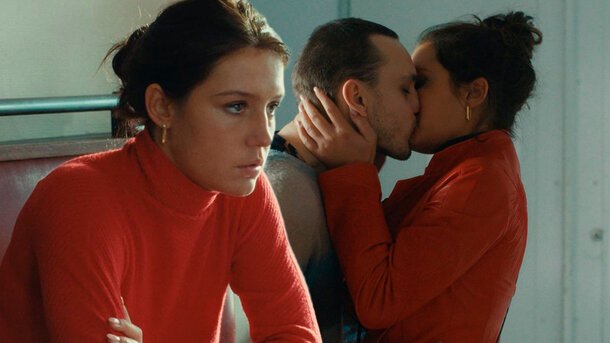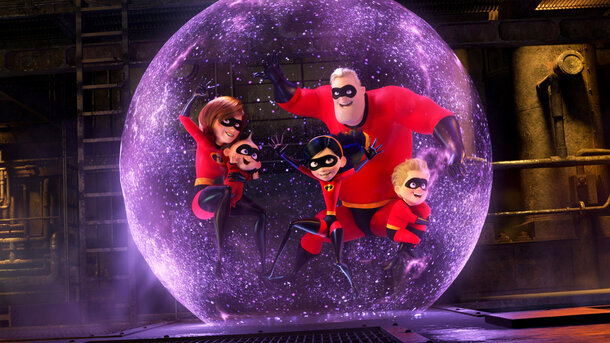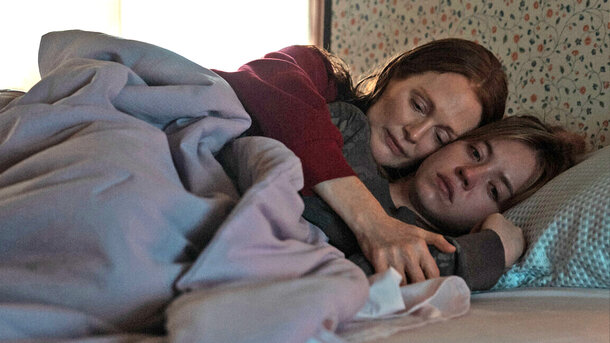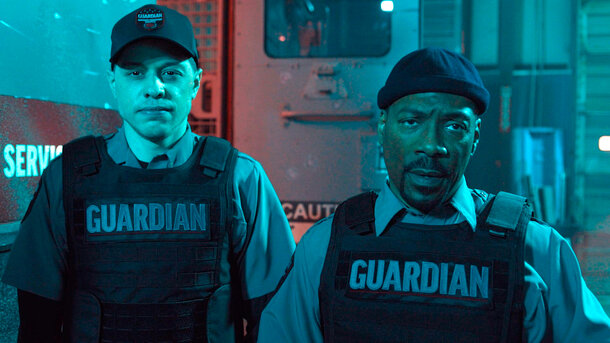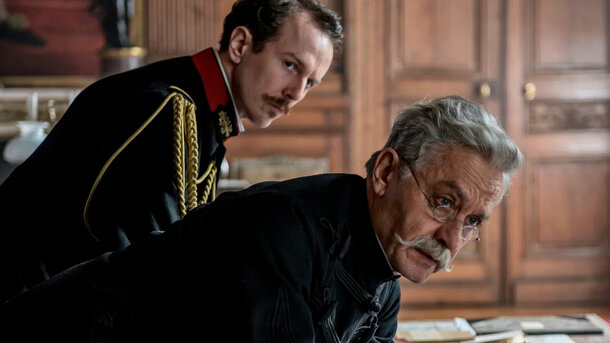I walked into Passages expecting a modern love triangle — perhaps something artful, European, and quietly tragic. What I didn’t expect was a visceral, almost ruthless portrayal of selfish desire and emotional collateral damage. Director Ira Sachs crafts a film that doesn’t ask for your sympathy; it dares you to watch the unraveling of human connection and challenges you to decide if the characters deserve redemption at all.
A Love Triangle with Jagged Edges
Tomas (Franz Rogowski), a German filmmaker living in Paris, is married to Martin (Ben Whishaw), a soft-spoken Englishman. Their life together seems stable — until Tomas embarks on a spontaneous affair with Agathe (Adèle Exarchopoulos), a schoolteacher. The plot, at first glance, feels familiar: an impulsive fling, emotional fallout, consequences. But Passages turns this trope inside out.
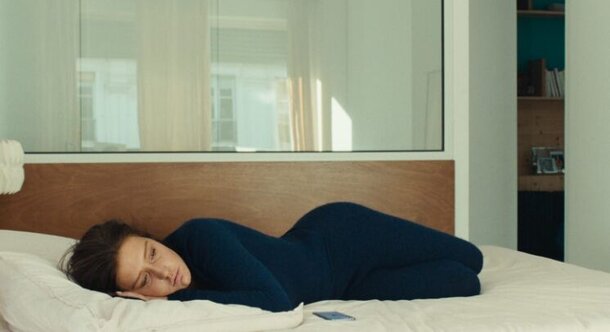
Tomas isn’t just unfaithful; he’s almost gleeful in his pursuit of newness, devouring affection wherever he finds it. The more others hurt, the more alive he seems to feel. It’s unsettling. And yet, I couldn’t look away.
Sachs’ Razor-Sharp Lens
Ira Sachs (Keep the Lights On, Love Is Strange) once again proves himself a master of depicting flawed relationships. His direction here is stripped back — no soaring soundtrack to soften the blows, no dramatic monologues to explain motives. Every scene feels raw, unvarnished, as though we’ve stumbled into real people's messiest moments.
Sachs doesn’t moralise. He lets Tomas’ cruelty and charm coexist, leaving the audience to wrestle with the discomfort. There’s no tidy resolution, no grand statement. Just people, hurting each other in the name of love.

Franz Rogowski: Magnetic and Maddening
Franz Rogowski (Transit, Great Freedom) delivers a powerhouse performance. His Tomas is infuriating — selfish, manipulative, yet utterly magnetic. Rogowski's ability to slip between languages, emotions, and masks is extraordinary. One moment, he’s tender and vulnerable; the next, he’s viciously selfish.
Ben Whishaw, as the wounded yet dignified Martin, grounds the film with quiet heartbreak. Adèle Exarchopoulos (Blue Is the Warmest Colour) adds complexity as Agathe, a woman both entranced by Tomas and unwilling to be destroyed by him.
It’s a trio that feels real — painfully so.
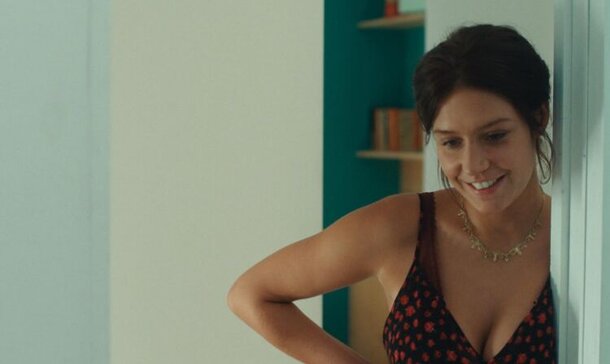
The Intimacy of Cinematography and Sound
The cinematography, by Josée Deshaies, leans into natural light and claustrophobic spaces, forcing us close to the characters' faces, their silences, their awkwardness. There’s no dramatic score — just the sounds of footsteps, breathing, uncomfortable pauses. It makes the intimacy suffocating at times.
This isn’t a film that guides your emotions. It forces you to sit in the unease.
Audience Reactions: USA vs. UK
Here’s where things get fascinating. UK audiences, accustomed to complex, character-driven dramas, seemed more receptive to Passages’ raw honesty. British critics praised its unflinching take on modern relationships, with outlets like The Guardian hailing it as “bracingly truthful.”
Across the pond, however, some American viewers found Tomas too alienating, too unsympathetic. While critics admired Sachs’ direction, audiences leaned more divided—perhaps expecting clearer morality or closure. The film’s NC-17 rating in the U.S. also sparked conversation, with some arguing the explicitness overshadowed its deeper themes.
Final Thoughts: Uncomfortable but Unmissable
Passages isn’t a comfortable watch. It’s not meant to be. It’s a portrait of human frailty, desire, and the havoc we can wreak in pursuit of our own pleasure. I left the cinema unsettled, chewing on questions about love, loyalty, and selfhood. And trust me — that’s a rare thing these days.
If you’re in the mood for a film that challenges your sympathies and sticks in your mind like a splinter, Passages is well worth your time.
